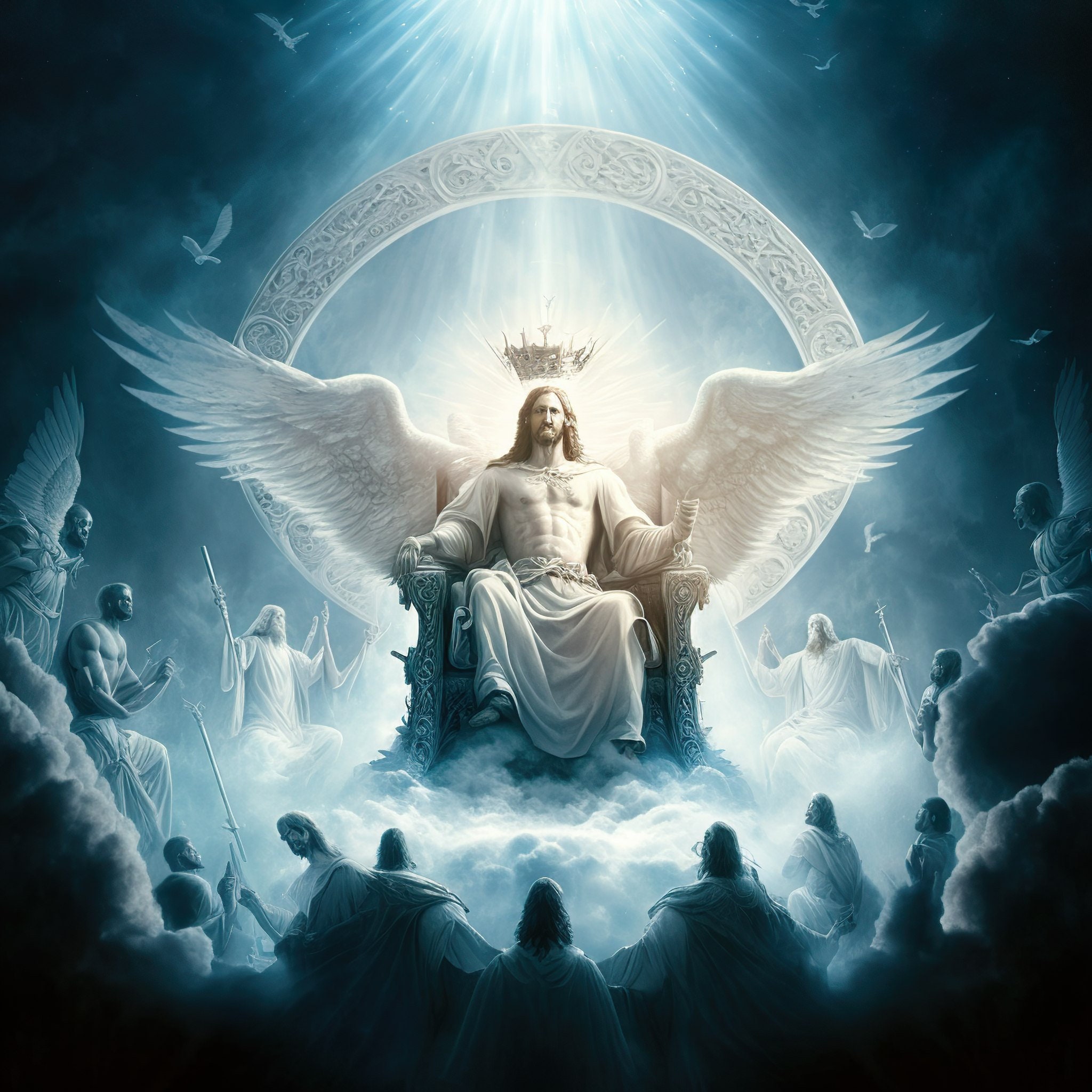In contemplating the nature of existence, one might ponder a striking conundrum: If God is characterized by perfection, why then does His creation exhibit apparent imperfection? This question not only provokes deep philosophical discourse but also invites multifaceted interpretations within the framework of Baha’i teachings, which emphasize the harmonious interplay between divinity and the material world. To navigate this intricate dilemma, it is essential to explore the Baha’i perspective on perfection, creation, and the inherent purpose of life.
At the outset, it is beneficial to define what is meant by perfection in the context of the Baha’i Faith. Baha’is view God as an absolute, ineffable essence embodying all attributes of perfection, including omnipotence, omniscience, and infinite compassion. This ineffable nature transcends human comprehension, yet manifests itself through the divine attributes reflected in the prophets and manifestations of God. Consequently, the challenge arises when aligning this divine perfection with the observable imperfections in the world.
From a Baha’i vantage point, creation is not an accidental byproduct of divine will but a purposeful act designed to foster the spiritual evolution of humanity. Abdu’l-Baha, the son of Baha’u’llah and a prominent figure in the Baha’i Faith, articulated that the material world is laden with challenges and trials, serving as a crucible for development. Thus, imperfections within creation are not merely aberrations; they are integral components of the human experience facilitating growth and enlightenment.
To further dissect this notion, it is vital to acknowledge the concept of free will, which stands as a cornerstone of Baha’i teachings. Humans are endowed with the freedom to make choices, and these choices can lead to actions that reflect varying degrees of morality and ethics. In this light, the imperfections observed in human societies—conflict, injustice, and suffering—can often be traced back to individual and collective choices rather than a flaw in creation itself. The potential for greatness exists alongside the propensity to err; this duality cultivates a dynamic and evolving reality.
Moreover, the Baha’i perspective posits that the physical universe is a reflection of a higher spiritual reality. This belief insinuates that the imperfections found in the material realm are symptomatic of a broader and more profound spiritual journey. As Baha’is strive to understand their relationship with God, they recognize that the trials faced are not indicative of divine negligence but rather serve as opportunities for humanity to manifest its innate potential.
In considering the role of suffering within the Baha’i framework, it is paramount to recollect that adversity often serves as a catalyst for profound transformation. The trials that arise in individual lives and collective societies yield lessons essential for spiritual maturation. This perspective aligns with the Baha’i principle of the oneness of humanity, which advocates for universal brotherhood and emphasizes that the resolution of imperfections in creation begins with our actions toward one another.
While imperfections may dominate perception, Baha’i teachings invite adherents to shift their focus towards the inherent potentialities within all of creation. Each individual, in their unique expression of the divine attributes, contributes to the tapestry of existence. Thus, the imperfections of the world can be viewed not as failures of creation but as vital components of a larger evolutionary process, where the collective experiences of humanity serve to refine and elevate the human spirit.
Additionally, the concept of progressive revelation within the Baha’i Faith further addresses the apparent imperfections in the human condition. God, in His loving wisdom, has sent numerous prophets throughout history to guide humanity toward greater understanding and unity. Each prophet has provided insights tailored to the cultural and temporal context of their respective eras. This method of divine guidance illustrates the malleability of truth, ensuring that humanity’s understanding evolves commensurately with its spiritual progression. As such, the journey toward perfection remains an ongoing endeavor requiring continuous reflection and action.
In conclusion, the inquiry regarding the interplay between divine perfection and the imperfections in creation presents a profound philosophical challenge. The Baha’i Faith advocates for a nuanced understanding of this relationship, positing that imperfection serves a pivotal role in the spiritual evolution of humanity. It fosters growth through the exercise of free will, highlights the significance of trials in transformative learning, and supports the notion of a spiritually interconnected existence. By reframing imperfections as opportunities for growth, Baha’is are encouraged to engage actively in the pursuit of justice, compassion, and unity—thus embodying the divine attributes that reflect the perfection of God.
Ultimately, this exploration reveals that while the question remains complex, the Baha’i perspective offers a pathway illuminated by understanding, aiming for a world where imperfections are embraced as integral steps toward the unfolding of human potential and the realization of a harmonious existence.
